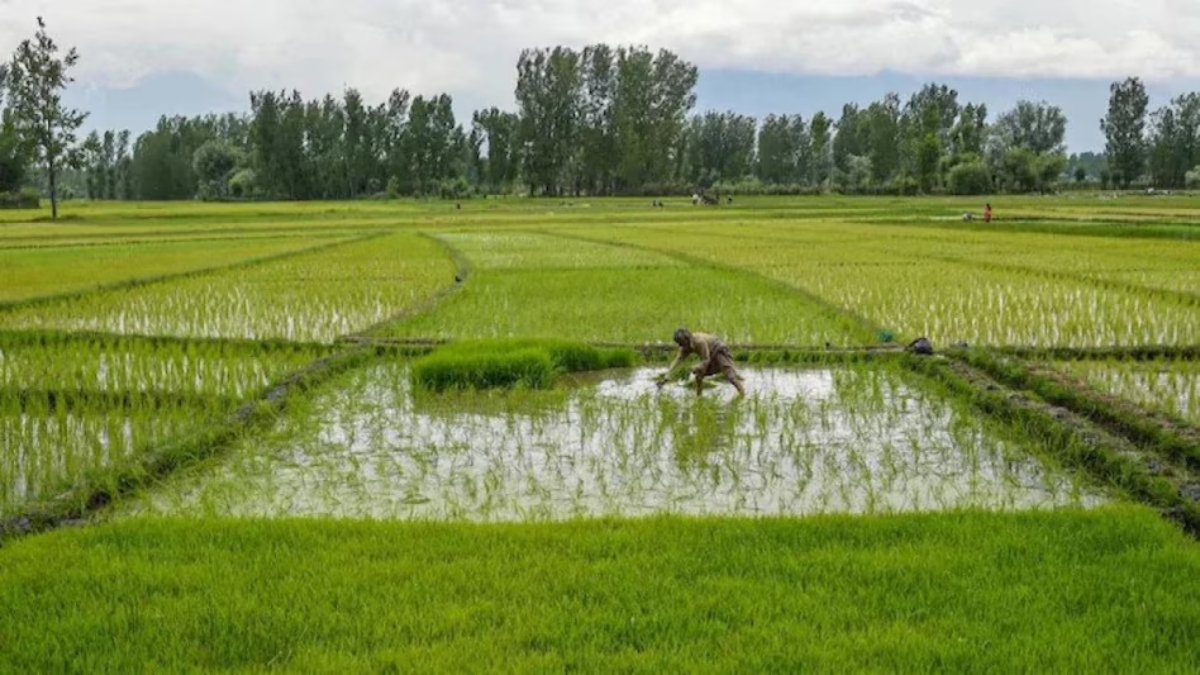In a significant move aimed at addressing longstanding farmer demands, the central government has approved Minimum Support Prices (MSP) for 14 Kharif crops, ensuring they are set at least 1.5 times the production cost. This decision comes amidst ongoing farmer protests across the country, where farmers have been advocating for fair pricing and better support from the government.
The approved MSPs cover a wide range of crops including paddy, cotton, maize, and pulses, among others. According to the Ministry of Agriculture and Farmers Welfare, the MSP hike is a reflection of the government’s commitment to ensuring farmers receive remunerative prices for their produce, thereby enhancing their income and economic security.
The Union Cabinet approves Minimum Support Prices (MSP) for Kharif Crops for the 2024-25 Marketing Season.
The most significant increase in MSP compared to the previous year has been recommended for oilseeds & pulses.@narendramodi pic.twitter.com/ChHngLc9Vd— Kiren Rijiju (@KirenRijiju) June 19, 2024
---Advertisement---
The announcement is expected to have significant implications for the agricultural sector, particularly in states where farming communities have been vocal about their grievances regarding low MSPs and inadequate compensation for crop failures. Farmers have long argued that MSPs should be not only cost-effective but also reflective of the labor-intensive nature of agriculture and the investments made in cultivation.
Also Read: Madhya Pradesh Government Halts Som Distilleries’ Operations Following Child Labor Revelations
The move comes in the wake of persistent farmer protests, most notably the agitation against the contentious farm laws introduced in 2020 and subsequently repealed in 2021. The protests highlighted broader concerns about the economic viability of farming, market access, and the role of MSPs in ensuring fair returns.
While the government’s latest decision to hike MSPs has been welcomed by farmer unions and agricultural experts as a positive step towards addressing farmer grievances, some stakeholders remain cautious, calling for comprehensive policy reforms and consistent implementation at the ground level to ensure tangible benefits reach farmers across all regions.
Also Read: JP Nadda Orders Heatwave Units Deployed Across Central Government Hospitals













